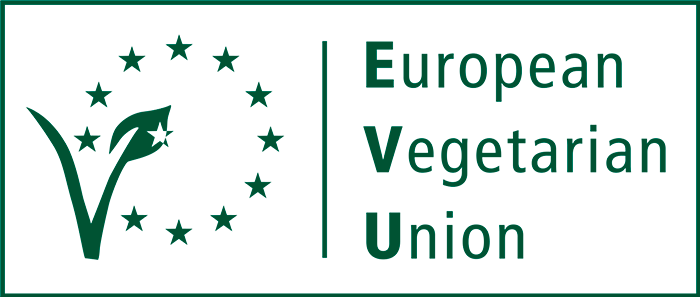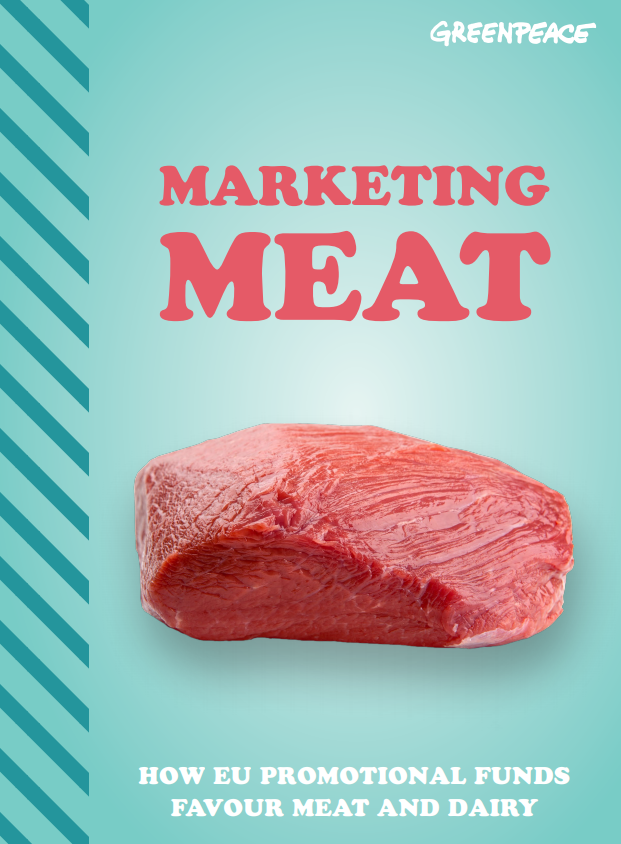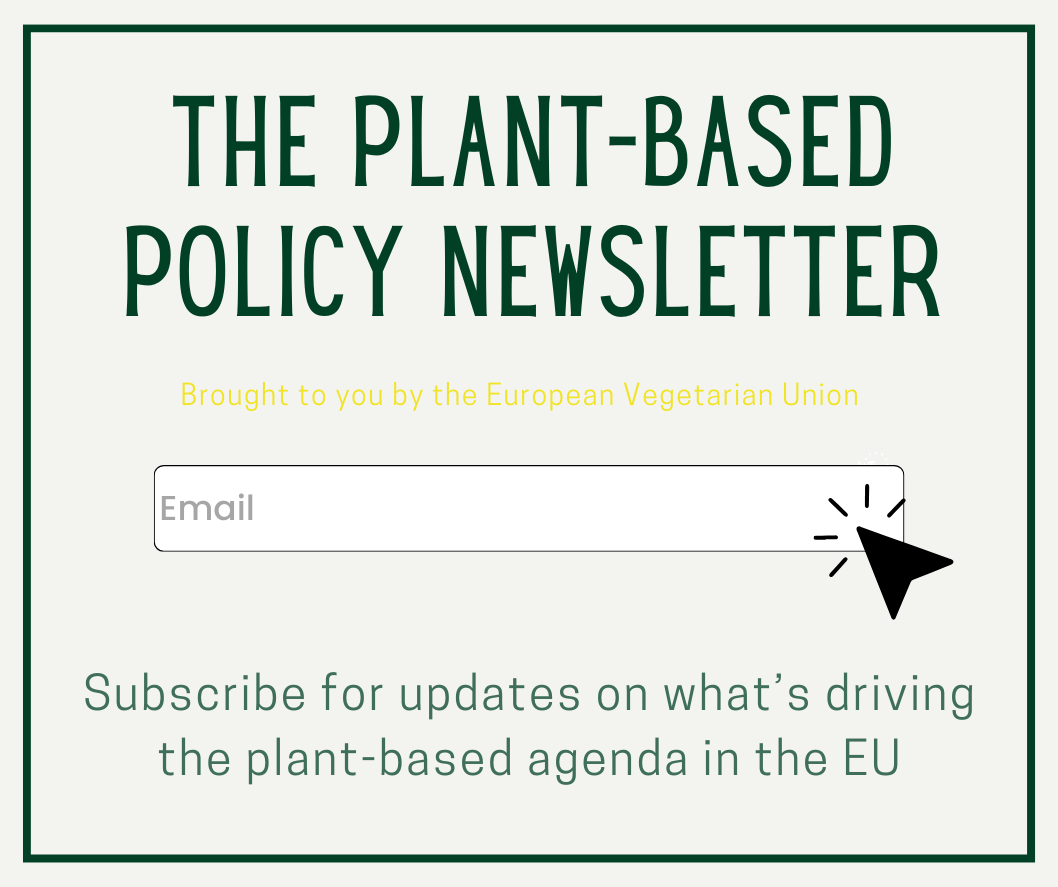The EU promotional funds are used to promote agri-food products inside and outside the EU. Currently, promotion programs are aimed at “supporting EU products’ competitiveness, raise awareness of quality schemes and generally of the high quality of EU agri-food products and high standards of EU production methods”
According to the report, of the total budget dedicated to enhancing the promotion of agricultural products for the period 2016-2019, 32% was used to promote meat and dairy products, which is roughly €252,4 million in total.
In comparison, only 19% of promotional funds were used for advertising fruits and vegetables and 3% for organic animal products.
The report highlights campaigns in eight member States: Austria, Denmark, France, Germany, Ireland, Italy, Poland, and Spain. France, Italy, and Spain are the first three beneficiaries of promotional campaigns, meaning organisations in those countries are getting the majority of the fundings. Those organisations are mainly producers’ associations, trade organisations or agricultural industries. They spent 67,906,145€ ; 45,508,710 € ; 29,951,058 € only on meat and dairy products promotion in these three countries.
Moreover, the report shows the advertising strategies used by organisations in member states. To target a specific audience, promotional funds were used to push forward the consumption of pork and lamb meat through the use of social media and influencers.
For instance, the EU Lamb Campaign cost €8.2 million EU funds, and the Proud of Beef Campaign “Become a Beefatarian” cost €3.6 million EU funds.
Given animal agriculture’s contribution to greenhouse gas emissions, biodiversity loss and land-use change, as well as the average overconsumption of meat and meat products in the EU such promotional subsidies can hardly be justified. Additionally, in today’s context, these promotional practices are in total contradiction with the objectives of the European Green Deal, the Farm to Fork Strategy and the Beating Cancer Plan.
Europe’s Beating Cancer Plan states that: “The Commission is undertaking a review of the promotion policy for agricultural products, with a view to enhancing its contribution to sustainable production and consumption, and in line with the shift to a more plant-based diet, with less red and processed meat and other foods linked to cancer risks and more fruit and vegetables.”
The Farm to Fork Strategy aims at shifting to more sustainable diets with an increase of plant-based food.
Moreover, from 2016 to 2020 the funding allocated to the promotion of agricultural products have almost doubled, from €111 million to €200,9 million in 2020. This means even more public funding was used to promote meat and dairy products.
Therefore, the EU promotional funds need to be retargeted to increase knowledge of and promote more sustainable and plant-based diets.
In this regard, EVU is taking an active part in the Consultation EU farm and food products- review of policy on promotion inside and outside the EU and has already published feedback during the first stage of the consultation. The second round of feedback, mainly in the form of answering a questionnaire, is open until 23 June 2021.


